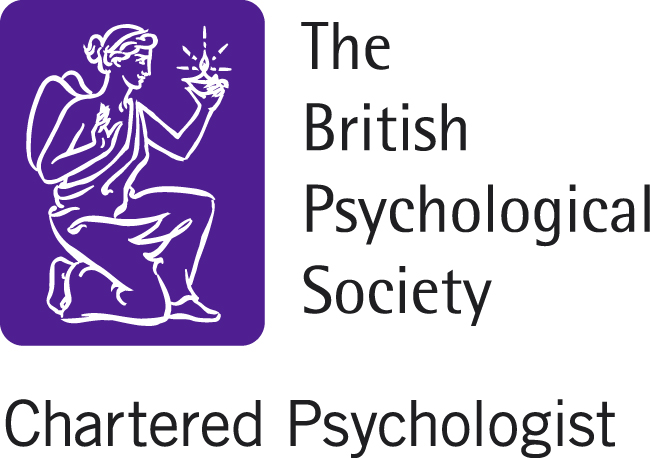We are accepting new referrals for autism and ADHD assessments.
We are not accepting new clients for therapy at the moment as we are at full capacity.

As awareness of neurodivergence grows, more people are exploring whether they might be autistic, have ADHD, or both. This rising interest has led to the emergence of numerous neurodevelopmental assessment services, each claiming to provide answers. However, not all services are created equal, and knowing what to look for is key to ensuring a thorough, respectful, and professional experience.

If you’re about to undergo a neurodevelopmental assessment for autism and/or ADHD, it’s natural to want the process to provide the clearest and most accurate understanding of your needs. Assessments like these can be invaluable for gaining insights about yourself and accessing appropriate support.
Here are some steps to help you prepare for the assessment and ensure you and your assessor can make the most of the process.

Discovering you’re autistic, have ADHD, or both is a significant moment in your life. You’ve taken the brave step of seeking answers, investing energy into the assessment process, and now you have clarity about your neurodivergence. But what comes next? It’s normal to feel a mix of emotions—relief, curiosity, uncertainty, or even grief. This is the beginning of a new journey, and there’s no “right” way to navigate it. Based on my experience supporting hundreds of neurodivergent adults, here are some compassionate and practical suggestions to help you move forward.

It can sometimes be hard to know what the different terms in the neurodiversity space mean, particularly if you’re just starting out on your discovery journey. Whether you’re considering an assessment, newly diagnosed/discovered, or simply curious, this article provides a clear, succinct explanation of some key terms, including neurodiversity, neurodivergence, neuroaffirmative approaches, autism, and ADHD.

Navigating education or the workplace as a neurodivergent adult can present unique challenges. However, with the right support, these environments can become more inclusive and empowering, enabling neurodivergent people to thrive in their education and work. One essential aspect of creating such inclusive spaces is the concept of reasonable adjustments. In this article, we’ll explore what reasonable adjustments are, why they matter, and provide practical examples for both autism and ADHD in educational and workplace settings.

Discovering you’re autistic, have ADHD, or both can be a profound and life-affirming experience. For neurodivergent adults, sharing this discovery with loved ones is often a key part of the journey. However, these conversations don’t always go as hoped. If you’re navigating this with a friend or family member, it’s natural to feel unsure about what to say or do. This guide is here to help you approach these moments with compassion and understanding. Whether you’ve recently been diagnosed or are supporting someone who has, you’ll find practical steps to foster connection and communication.

In child protection work, accurately understanding parenting capacity and risk is essential to safeguarding children. When parents are neurodivergent, their responses and behaviour can be misinterpreted if neurodevelopmental differences are not properly understood. This article explores how assumptions can shape professional thinking and how careful psychological assessment and formulation can help to clarify a parent's needs to help professionals and courts better understand them and make effective child-centred decisions for the future.

Family court work is high-stakes and time-limited, with significant implications for children’s safety and wellbeing. Where neurodivergence may be relevant to parenting, mental health or engagement with professionals, careful assessment can provide essential clarity. This piece explores why neurodevelopmental assessment, when clinically indicated, can be an important part of psychological understanding within the context and timescales of proceedings.

Parenting capacity is often assessed against implicit neurotypical expectations, which can obscure both strengths and vulnerabilities when parents are neurodivergent. This article explores how careful psychological formulation supports more accurate, child-centred understanding of parenting capacity in family court contexts.

Autism and ADHD are distinct neurodevelopmental profiles, each with different implications for parenting, stress and emotional regulation. This article explores why differentiating between them, including combined presentations is essential to accurate understanding in family court contexts.

Some parents involved in family court proceedings have additional learning difficulties or a learning disability, sometimes alongside neurodivergence, mental health difficulties or trauma. This article explores why careful psychological understanding of these intersecting factors is essential to accurately assessing parenting capacity and safeguarding children.

Family court work often involves complex, overlapping needs that cannot be understood through surface behaviour alone. This article explores how expert psychological formulation supports clearer, fairer and more child-centred understanding in high-stakes child protection contexts.






